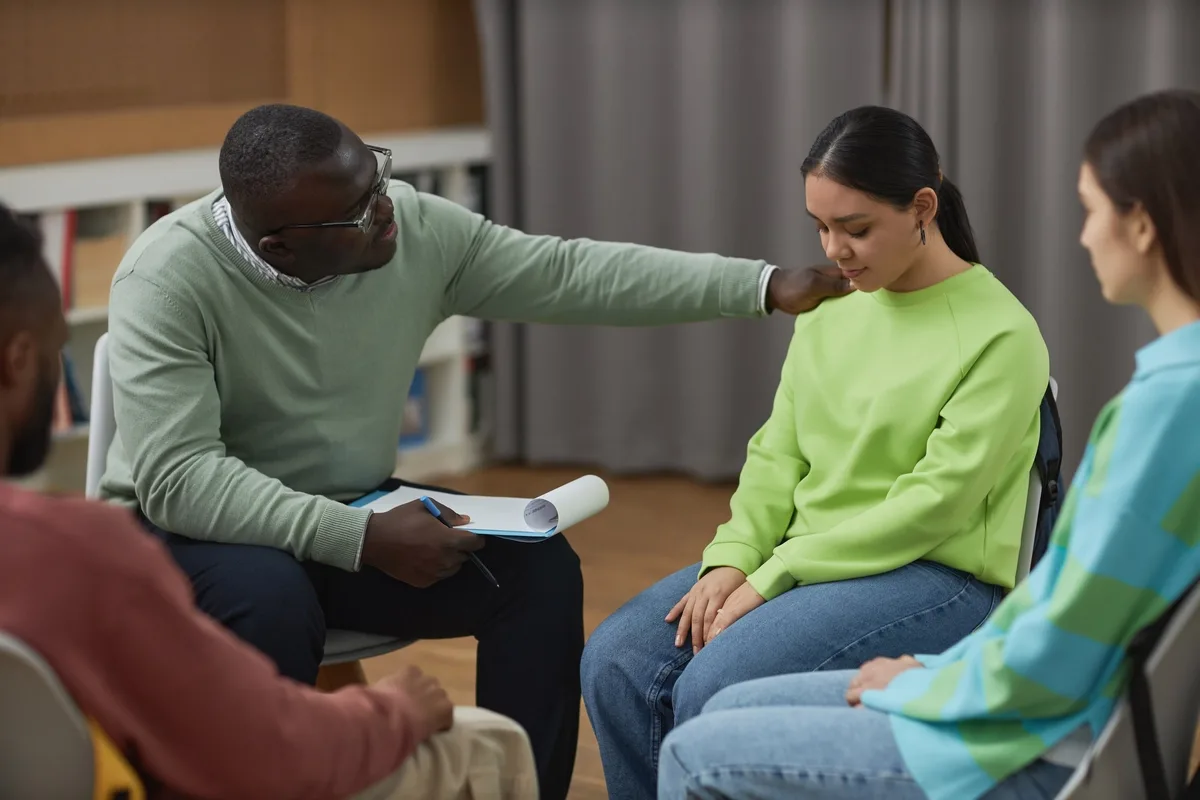24/7 Helpline:
(866) 899-221924/7 Helpline:
(866) 899-2219
Learn more about Ritalin Rehab centers in Baraga County

Other Insurance Options

EmblemHealth

Absolute Total Care

Sutter

ComPsych

PHCS Network

BlueCross

Evernorth

Horizon Healthcare Service

Magellan Health

WellPoint

AllWell

Cigna

Coventry Health Care

Humana

GEHA

Ceridian

Optima

Holman Group

BlueShield

BHS | Behavioral Health Systems

Keweenaw Bay Indian Community – New Day Treatment Center
Keweenaw Bay Indian Community – New Day Treatment Center is a public rehab located in Lanse, Michiga...















Keweenaw Bay Indian Community Substance Abuse Programs – KBICSAP
Keweenaw Bay Indian Community Substance Abuse Programs (KBICSAP) is a state licensed facility that o...

Copper Country Community Mental Health Services
Copper Country Community Mental Health Services is located in L'anse, Michigan. Copper Country Commu...















